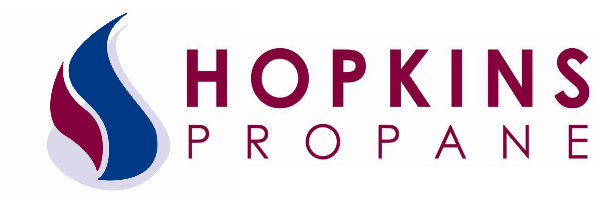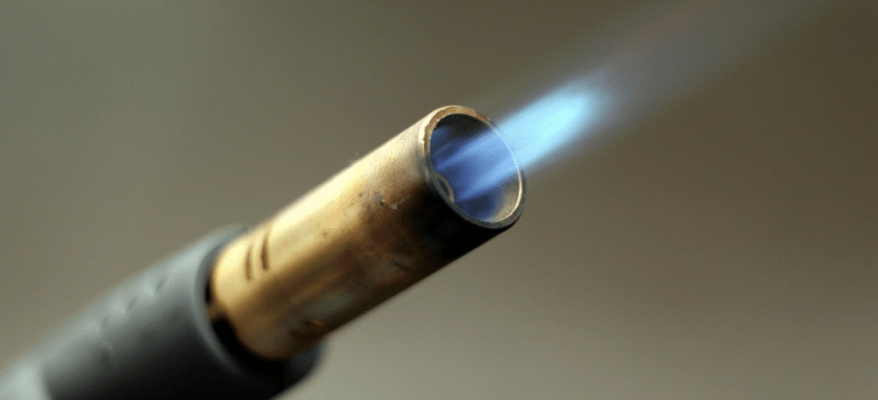Propane, one of the most widely used fuels in the United States, is a naturally occurring gas and is similar to butane and crude oil. Propane typically fuels outdoor grills, air conditioners, water heaters, and residential furnaces. In some rural areas, propane-fueled equipment is vital to dry crops and control pests. Apart from being affordable, this naturally occurring gas is environmentally friendly and plentiful. Learn more about its origins and the extraction process.
Accidental Discovery
The discovery of some of the most fascinating inventions was by accident, including propane. Dr. Walter Snelling had a “eureka” moment after he noticed his gas’s cork from a fueling station kept coming off. Once he learned gasoline contained volatiles, Dr. Snelling used this knowledge to separate gasoline into its separate liquid and gas components—thus, extracting propane, butane, and other hydrocarbons.
A Useful Byproduct
Propane is a byproduct of crude oil filtering and the processing of natural gas. The other elements extracted from the processing of natural gas are butane, hydrocarbons, methane, and ethane. Hydrocarbons are created through the reaction and decomposition of organic matter over many years. After its release from oil fields, natural gas goes through separation and refining before ending up in your home. Liquefied petroleum gases such as propane can convert to liquid under low pressure, making it easier to transport and store this energy source.
The Separation Process
The process starts by drilling oil wells to pipe out a hydrocarbon mixture of oil and gas into a gas trap. This separates the stream into wet gas and crude oil. It is the damp gas that contains liquefied petroleum gases, natural gasoline, and natural gas. Crude oil goes to the bottom of the trap because it is heavier. It then goes into a storage tank for later refinement. It is usually easier to get propane from the “wet gas” mixture. Through a series of chemical processes, a small but useful amount of propane can be extracted from crude oil. It can be used to make ethylene or as fuel for refineries.
The wet gas undergoes piping, cooling, and pumping in a gasoline absorption plant to separate liquefied petroleum gases and natural gas. What remains is methane, which the manufacturer pumps to towns for distribution. The absorbing oil contains hydrocarbons, which are typically boiled off. The absorbing oil, now free of hydrocarbons, returns to the absorber to repeat the process. After boiling off the hydrocarbons the petroleum mixture—or “wild gasoline”—is left. The extraction of natural liquid gasoline occurs from the bottom; a blend of liquefied petroleum gases goes to the top for extraction. That blend of liquefied petroleum gases can be further split into isobutene, butane, and propane.
Hopkins Propane provides propane tank installation and services for affordable, clean, and practical energy solutions throughout West Michigan. We offer setting tanks from 57 gallons to 2,400 gallons or larger for a variety of uses. Contact us today to learn how more about our services and we can fit your current budget.

